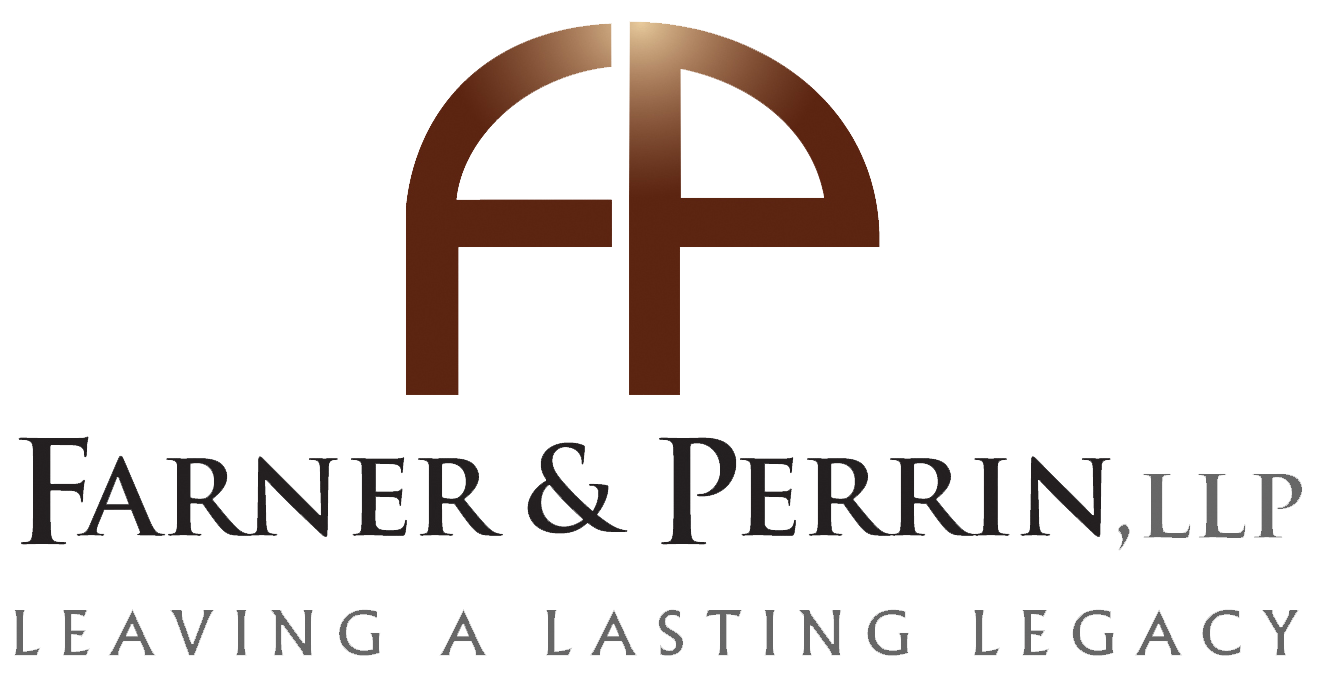Choosing an Executor or Trustee
Selecting an executor or trustee to oversee your will or trust requires careful consideration. ACTEC Fellows Lorraine Cavataio and Stacy Singer clarify the duties of an executor or trustee, traits to look for when selecting an individual(s) executor or trustee and when to consider a corporate trustee.
Should I Serve as an Executor?
ACTEC Fellows Jean Gordon Carter and Kimberly H. Stogner explain what individuals need to understand before agreeing to serve as an estate executor, such as probate, tax, and legal requirements.
Should I Serve as a Trustee?
ACTEC Fellows Jean Gordon Carter and Kerri L.S. Mast offer an overview of the trustee’s responsibilities and the risks in this short video.
What is Estate Administration?
ACTEC Fellows Carole M. Bass and Ray Prather answer the questions that clients have surrounding estate administration, such as “what happens if someone dies without a will?” and “how long will the distribution of assets process take?”.
Inheritance and Estate Settlement
ACTEC Fellows Jean Gordon Carter and Kerri L.S. Mast answer common questions regarding when beneficiaries of a will or trust will receive their inheritance and explain the estate settlement process.
The Basics of Fiduciary Income Taxation
ACTEC Fellows Farhad Aghdami and Lora G. Davis explain the differences between estate tax and fiduciary income tax, when you need to file IRS Forms 1040 or 1041, and offer a general overview of fiduciary income tax.
Estate Tax Returns
ACTEC Fellows Adam M. Damerow and Tye J. Klooster provide a step-by-step overview of estate tax preparation and filing process, including what clients need to know about the estate tax return, the extension, the exemption, and the IRS timeline for closing.
What is Portability for Estate and Gift Tax?
ACTEC Fellows Jean Gordon Carter and Stephen W. Murphy offer an explanation of portability of the estate and gift tax exemption and what to consider if electing to use it.
Postmortem Planning
ACTEC Fellows Laura Beck and J.P. Lee offer an overview of what estate planning decisions can be made postmortem and pre-mortem, including taxes, decanting, and portability considerations.
Understanding Life Insurance Policy Ownership
ACTEC Fellows Lawrence Brody and Jonathan W. Michael offer an overview of life insurance policy ownership, insurance options, an explanation of irrevocable life insurance trust and more in this video.
Life Insurance Policies and Estate Planning
ACTEC Fellows Lawrence Brody and Jonathan W. Michael offer a general overview of the opportunities and risks associated with term and permanent life insurance policies and how to choose the right policy.
Can I Change My Irrevocable Trust?
ACTEC Fellows Susan T. Bart and Stacy E. Singer explain what individuals need to know and the possible pitfalls when considering modifying an irrevocable trust.
Gift Tax Exemption
ACTEC Fellows Jean G. Carter and Larry H. Rocamora explain the lifetime gift tax exemption amount and when to use it. The exemption amount is scheduled to decrease to six million dollars in the future.
Gift Tax, the Annual Exclusion and Estate Planning
ACTEC Fellows Jean Gordon Carter and Janice L. Davies explain when gift tax comes into play, how the age of the recipient impacts gift tax, efficient ways to transfer property, split gifts, the annual exclusion and more.
Direct Payment of Medical Expenses and Tuition as an Exception to the Gift Tax
ACTEC Fellows Jean Gordon Carter and Toni Ann Kruse explain what is considered a “gift” by the IRS, the do’s and don’ts of paying another person’s tuition or medical bills, what qualifies as tuition and medical expenses, and practical examples.
Transferring Assets to a Minor Child
ACTEC Fellows Jonathan W. Michael and Sandra L. Perkins discuss how to transfer assets to minor children, the Uniform Transfers to Minors Act (UTMA), 529 plans, naming a caregiver for a minor child in a will and more.
How to Pay for College for a Grandchild or Someone Else
ACTEC Fellows Michael H. Barker and Jean Gordon Carter offer recommendations to grandparents and benefactors on how to contribute to a student’s education without jeopardizing grants and paying taxes.
